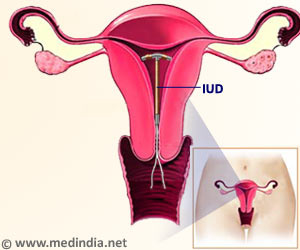According to Australia’s human rights chief, women are being punished in the workplace for producing the next generation.
According to Australia’s human rights chief, women are being "punished" in the workplace for producing the next generation.
The president of the Human Rights and Equal Opportunity Commission, John von Doussa, while reviving a bid for paid maternity leave to be put on the Federal Government's agenda, termed the failure to set up a universal scheme an "unfortunate policy" and plainly wrong.As of now, pregnant women in Australia are legally entitled to a year's unpaid leave, yet paid maternity leave remains a matter for the employer. Two-thirds of women have no access to paid maternity leave, say official figures.
"Women are getting punished for the simple fact that they, genetically, are those with the function to produce the next generation," Mr. von Doussa was quoted. "Why should they suffer the penalty?"
The remarks come amidst a preparation by up to 60 women's groups to converge in Melbourne next month, in order build thrust on the issue. The groups range from the YWCA to the Women's Electoral Lobby and Country Women's Association.
Mr. von Doussa said the maternity payment, or so-called baby bonus, had proved no substitute for universal maternity leave, as it did not help reserve a place in the workforce for mothers who took time out.
The commission has been pressing for 14 weeks of paid leave capped at the minimum weekly wage.
Advertisement
Von Doussa quoted research that showed that mothers frequently resigned when they had babies so they could access accrued entitlements such as long service leave. While changes in last week's federal budget would help offset child-care costs, he said a more comprehensive plan was needed to respond to the challenges of juggling work and home and to secure better female participation in the workplace.
The Federal Opposition recently gave the green signal to plans that give working couples a right to take up to two years' unpaid parental leave — one year each. Under the policy, parents of preschool children would also gain a right to ask their employer to provide more flexible working arrangements.
Labor has previously committed to pursuing a mandatory right to paid maternity leave.
Barbara Pocock, the author of "The Labour Market Ate My Babies", says it is "absolutely shocking" that Australia continues to lag on something as basic as paid maternity leave.
Australian Bureau of Statistics figures show that while more women with children have taken on paid work over the past decade, Australian women of childbearing age still had among the lowest workforce participation rates for advanced nations.
"The participation of women … is around 10 per cent behind many of our first-world trading partners," Professor Pocock says.
Source-Medindia
ANN/B





